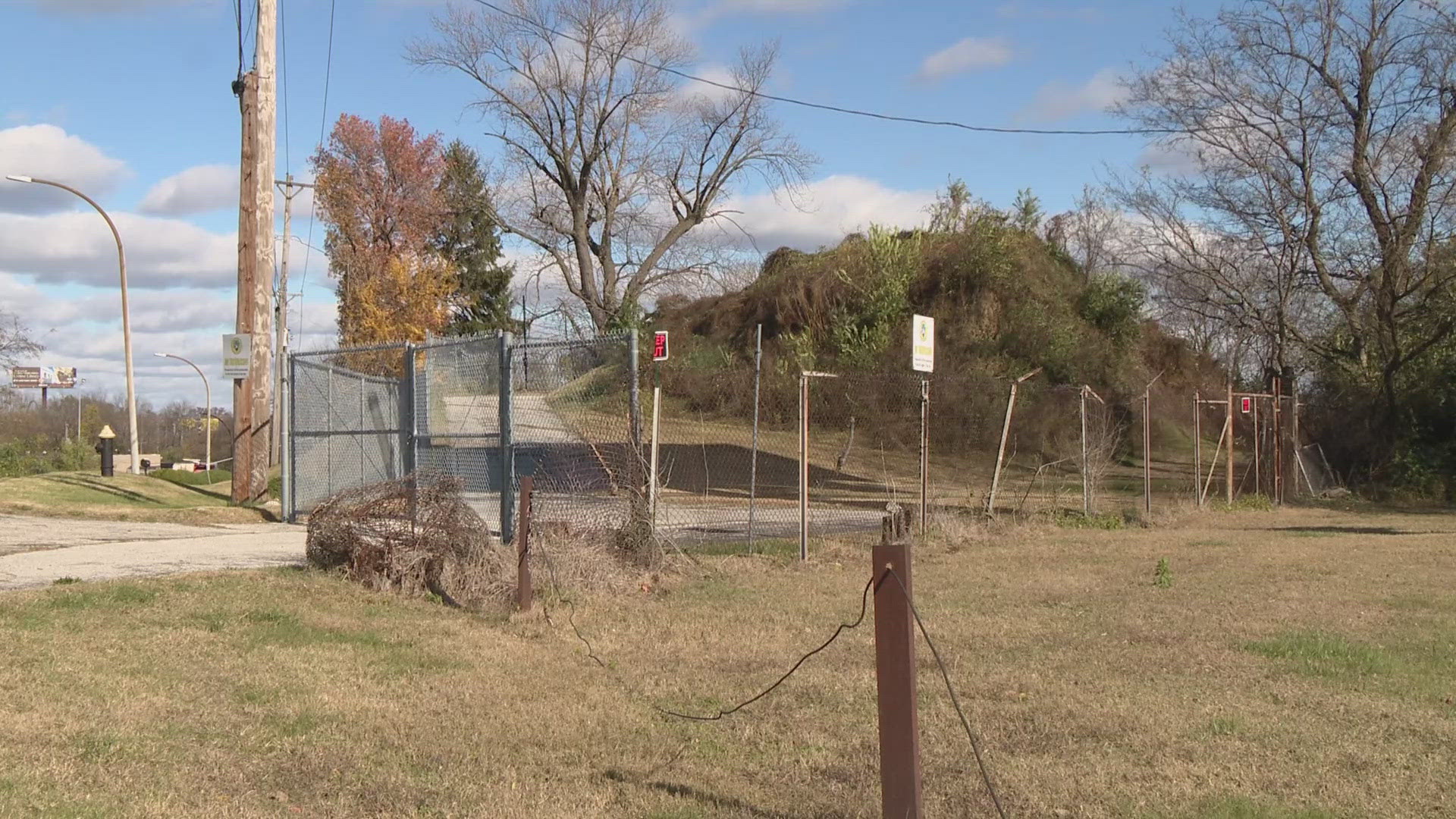ST. LOUIS — It's a message that has resonated with veterans and victims of trauma across the country. Former Missouri Secretary of State Jason Kander wrote a very candid blog post Tuesday about why he's withdrawing from the Kansas City Mayor's race.
He's struggling with PTSD.
Jason Kander started his post by saying, "I suffer from depression and have PTSD symptoms and after 11 years, I'm finally ready to do something about it."
Leon Alexander of Collinsville has also grappled with PTSD and depression.
He said even once his combat days were over, the most dangerous battlefield of his life became his mind.
"I was in a very bad place, tried to commit suicide multiple times," said Alexander.
He finally reached out for help when he found himself isolated from even his own children.
"My daughter, I wasn’t connecting with her. And I just couldn't connect with my kids or anything like that and I knew something needed to change," he said.
That's why he feels like Jason Kander has already gotten over the highest hurdle: he's admitted he needs help and is willing to talk about it.
"The more you talk about it, the more you’re going to help other people and you heal yourself," said Alexander.
Anthony Bass is the team leader of the Behavioral Health Unit for SSM Health St. Louis.
"The two most effective approaches would be medication combined with therapy. So, individuals, I would encourage them to follow up with their primary care physicians and/or a counselor, therapist, psychologist or a psychiatrist," said Bass.
He added that Kander is the perfect example that someone struggling with depression and PTSD can appear to be perfectly normal.
"I think that there are numerous events or cases where individuals are suffering in silence and aren't willing to get help because of the stigma associated with mental illness," said Bass.
We asked Bass how to end the stigma against PTSD.
"I think just normalizing it and helping to understand that it’s ok when you need help because of different problems associated with mental health," said Bass.
Then comes finding the right treatment for each patient. For Leon, it's been having Bob, a chocolate lab, as a service animal.
"He’s my best friend. He’s made me have empathy, he’s made me start caring for people. I’ve been able to open up more with people. I can go into crowds without feeling I’m on guard," said Alexander.
Leon said this would be his plea to those who may also be struggling with PTSD.
"Get counseling and and when I say counseling - I’m not talking a doctor or the VA, counseling is being able to have a support group that you can talk to," said Alexander.
It's important to note there are so many ways individuals may be suffering in silence.
They can be first responders, even people who have just suffered from a traumatic experience.
Here are some resources for getting help:
- National Suicide Prevention Lifeline: 1-800-273-8255
- Substance Abuse and Mental Health Services Administration (SAMHSA) National Helpline: 1-800-662-HELP (4357)
- Crisis Text Line: Text CONNECT to 741741



